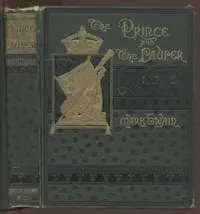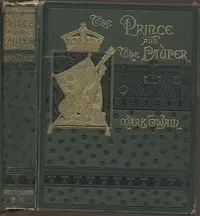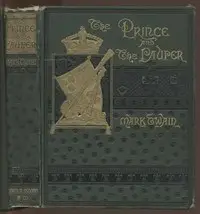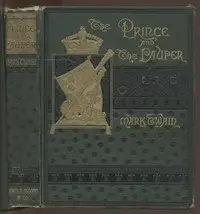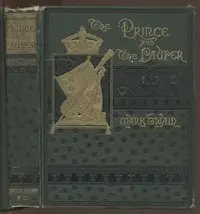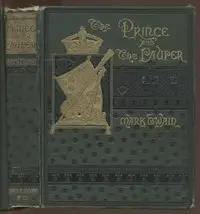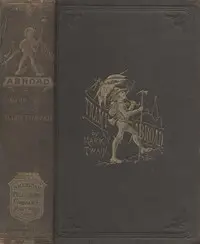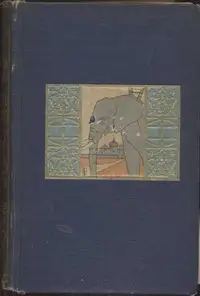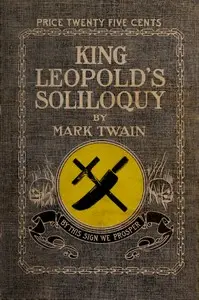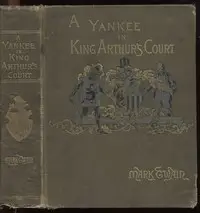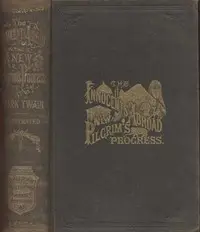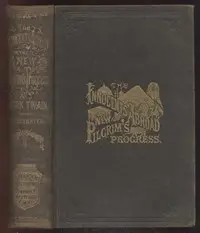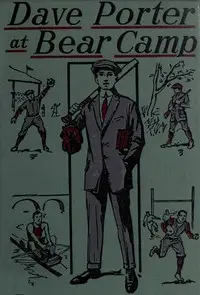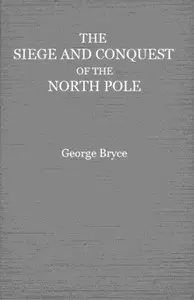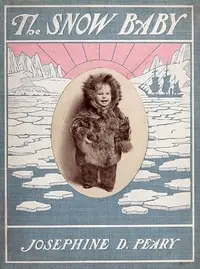"The Prince and the Pauper, Part 3" by Mark Twain is a historical novel set in Tudor England that explores themes of social class, identity, and justice. The story follows a pauper who temporarily takes on the role of Prince Edward, experiencing royal celebrations and a river pageant, while the real prince struggles through hardships in the pauper's grim home. As King Henry VIII seeks revenge against the Duke of Norfolk, the narrative builds towards the prince’s attempt to reclaim his identity and the difficult choices he faces as a young king, highlighting the importance of friendship, loyalty, and addressing the inequalities of wealth.
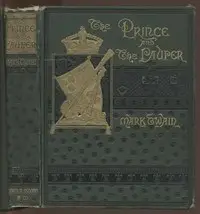
The Prince and the Pauper, Part 3.
By Mark Twain
Amidst royal celebrations and looming revenge, a pauper revels in the prince’s life while the real prince fights to reclaim his throne, setting the stage for crucial decisions about justice and mercy.
Summary
About the AuthorSamuel Langhorne Clemens, known by the pen name Mark Twain, was an American writer, humorist, and essayist. He was praised as the "greatest humorist the United States has produced," with William Faulkner calling him "the father of American literature." Twain's novels include The Adventures of Tom Sawyer (1876) and its sequel, Adventures of Huckleberry Finn (1884), with the latter often called the "Great American Novel." He also wrote A Connecticut Yankee in King Arthur's Court (1889) and Pudd'nhead Wilson (1894) and cowrote The Gilded Age: A Tale of Today (1873) with Charles Dudley Warner.
Samuel Langhorne Clemens, known by the pen name Mark Twain, was an American writer, humorist, and essayist. He was praised as the "greatest humorist the United States has produced," with William Faulkner calling him "the father of American literature." Twain's novels include The Adventures of Tom Sawyer (1876) and its sequel, Adventures of Huckleberry Finn (1884), with the latter often called the "Great American Novel." He also wrote A Connecticut Yankee in King Arthur's Court (1889) and Pudd'nhead Wilson (1894) and cowrote The Gilded Age: A Tale of Today (1873) with Charles Dudley Warner.

